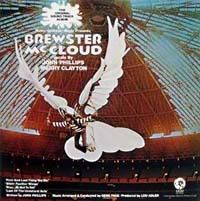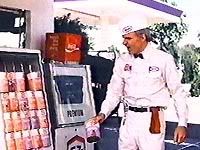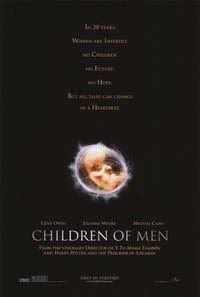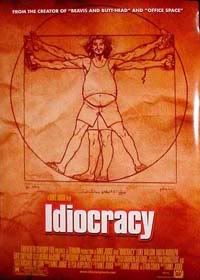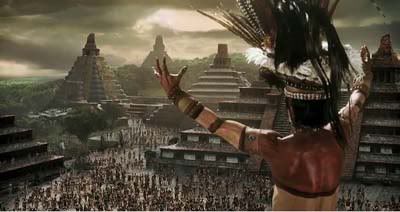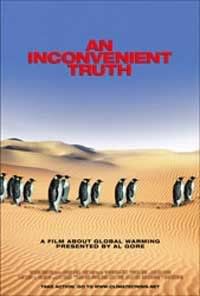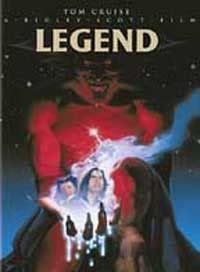 i've always had a strange fondness for Richard Linklater as a filmmaker, despite the fact that, until A Scanner Darkly, he'd never made a film i particularly liked. here he follows through on the promise hinted at elsewhere, delivering a bold, confident experiment in the translation of Philip Dick's imaginative paranoiac noir to the screen. the rotoscopic animation Linklater used so cloyingly in the pretentious Waking Life works well with the material, evoking not only the druggie state of mind so central to its characters' actions but also the deeper themes of intrapersonal alienation, and the weight that takes off of the story allows for a breezily high-stakes hyperrealism. the film takes full advantage of the narrative's constant gear-shifting between idle hophead chatter and existentially troublesome setpieces, but never loses its spirit or focus; it's confusing, yes, but that's the point - who are we to determine from which details our fate dangles? if we're left at all cold by the film and its inhabitants, we're taxed by the notion that our alienation is symptomatic of the deepest empathy.
i've always had a strange fondness for Richard Linklater as a filmmaker, despite the fact that, until A Scanner Darkly, he'd never made a film i particularly liked. here he follows through on the promise hinted at elsewhere, delivering a bold, confident experiment in the translation of Philip Dick's imaginative paranoiac noir to the screen. the rotoscopic animation Linklater used so cloyingly in the pretentious Waking Life works well with the material, evoking not only the druggie state of mind so central to its characters' actions but also the deeper themes of intrapersonal alienation, and the weight that takes off of the story allows for a breezily high-stakes hyperrealism. the film takes full advantage of the narrative's constant gear-shifting between idle hophead chatter and existentially troublesome setpieces, but never loses its spirit or focus; it's confusing, yes, but that's the point - who are we to determine from which details our fate dangles? if we're left at all cold by the film and its inhabitants, we're taxed by the notion that our alienation is symptomatic of the deepest empathy.Linklater deepens the paranoia in marvelously realized style. not unlike the more austere proceedings in Michael Haneke's Caché, our trust as a viewer is repeatedly challenged; intimate scenes suddenly pull back to surveillance screens, whose attendants have ten separate angles to choose from. (the frame settles on a random sampling as the scene continues to play out in motionless virtual montage.) the psychological element plays out similarly: are we sure we've seen what we think we've seen?
the cast puts on a good show, from the usually dreadful Keanu (here a believable schlub) to the formidable pair of Woody Harrelson and Robert Downey, Jr., underrated comedic actors both. the paranoia runs deep, but there's an air of observational wit that laces the piece with levity and downright silliness, as when the comrades work to a deranged froth over the apparently fraudulent number of speeds on a third-hand bicycle. towards the end of the film the meta-sci-fi noir elements accelerate at a steadier clip, edging out the humor in favor of a strangely lopsided momentum that nonetheless closes the film with a unique bleak hopefulness. it's good to see that Linklater is finally at a stage in his game where he can pull off the kind of storytelling feats, linked only by their seeming disparity, he's been aspiring to for so long.





